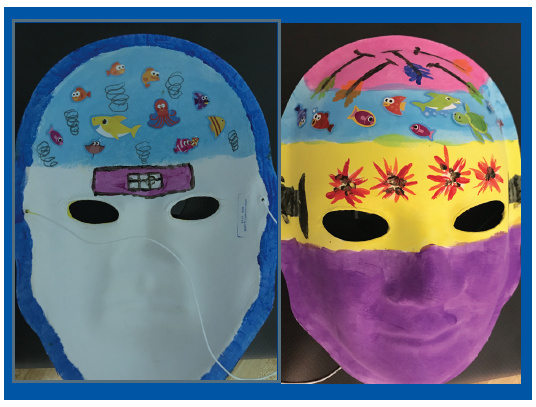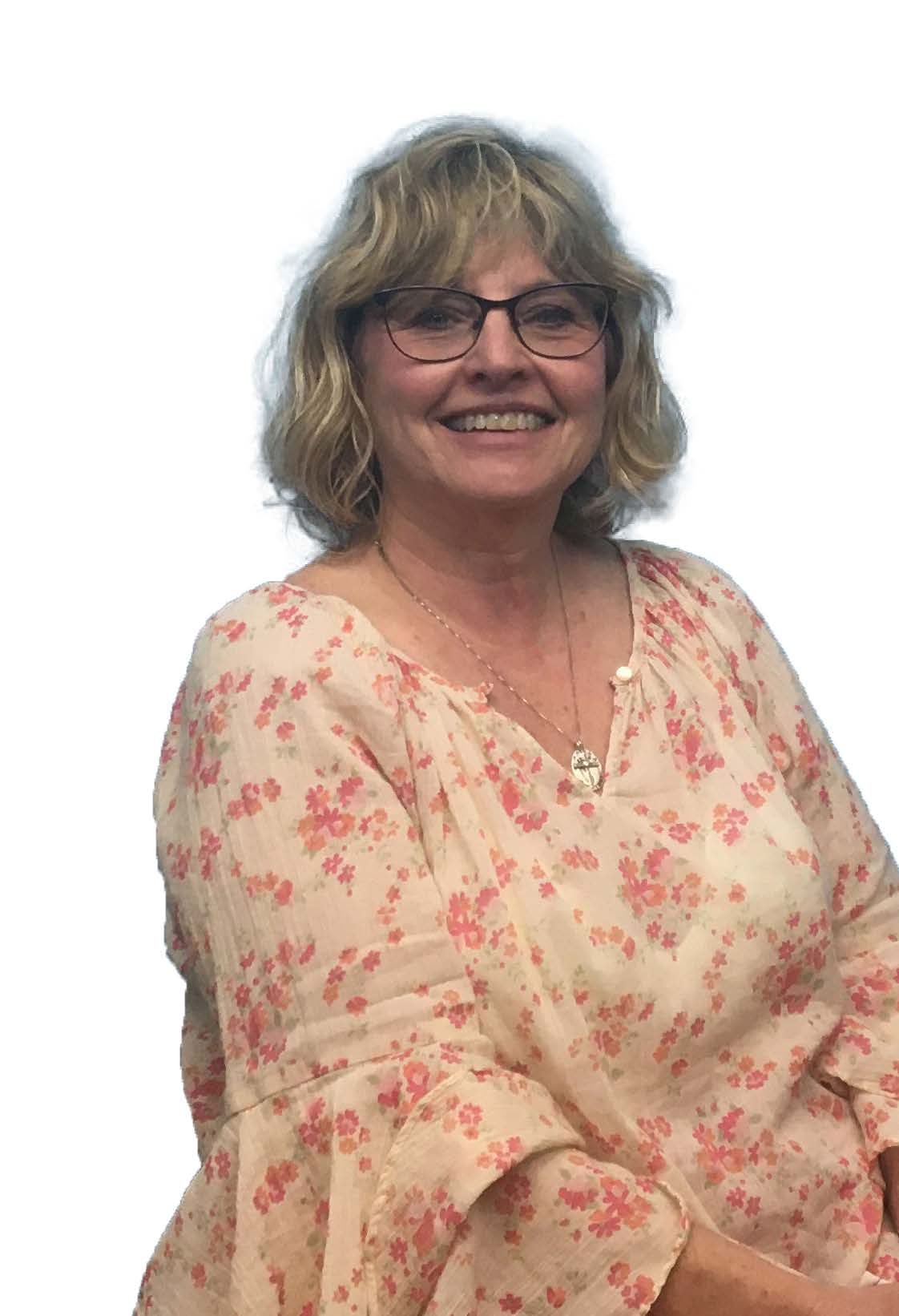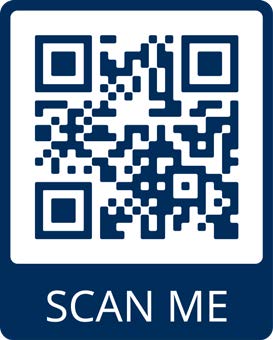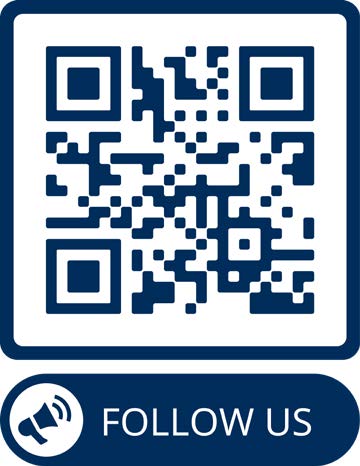Newsletter - Summer 2021
Download a PDF of this newsletter
March was Brain Injury Awareness Month
In honor of Brain Injury Awareness Month, the TBI Program held virtual events to raise awareness and provide helpful resources. We began the month with a panel of health professionals. These professionals shared how their field can support recovery post TBI. The panel included a physical therapist, occupational therapist, speech and language pathologist, massage therapist, music therapist, and a positive behavior support mentor.
The West Virginia Assistive Technology System (WVATS) program lead a virtual presentation on adaptive tools. These tools are used to improve independence following a TBI. WVATS shared their loan library of assistive technology (AT) devices. The library allows you to borrow equipment and try it in your own settings help find a good fit. The WVATS virtual loan library can be found by visiting vll.cedwvu.org.

In addition to our Monthly Mindfulness session, we held an Unmasking Brain Injury Art Session. This session connected people with lived experience, their caregivers, and professionals. Those who came to the session built a mask that creatively expressed their experiences with brain injury.
Mike Shawver, a client of the TBI program, attended this art session. He painted both the inside and outside of his mask to show how he has been impacted by brain injury. “It was neat to actually put your feelings into an activity. This activity with the mask gave me a chance to show the different forms of pain I was going through. This whole head injury has been an adventure and it seems like about the time you think you start getting things figured out it changes.”
WV Virtual TBI Conference
The 2021 West Virginia Virtual TBI Conference was a great success! Though we wanted to host the conference in person, the virtual platform allowed us to reach people from throughout the country. Our conference featured two tracks – one for professionals and another for individuals living with a TBI and their support system. The speakers presented on topics such as creative therapy, management of concussion among school-age youth, communication strategies post TBI, and other TBI related areas. We recorded the conference and are working to post these on our website.
Joel Robinson, a member of our West Virginia Advisory Board with lived experience of brain injury, attended this year’s conference. Joel said that he enjoyed the information provided. He feels that it helped him better understand TBI. Joe’s favorite part of these events is the chance to spend time with his peers while learning how to better cope with life after a brain injury.
Meet TBI Staff Carrie Cobun-Stark!

The TBI Program is excited to welcome our new intake coordinator, Carrie Cobun-Stark! Carrie received her master’s degree in counseling from West Virginia University. She worked at the Klingberg Center for Child Development from 1989 to 2016. Carrie worked as a parent educator and provided services to individuals with disabilities and their families. She also facilitated support groups, created a statewide newsletter called The Parent Connection, and coordinated an annual “Families Conference”.
Following her work in West Virginia, Carrie moved to Colorado where she worked at a Center for Independent Living. In this role, Carrie gained experience working with both staff and consumers who had experienced TBI. She also co-facilitated a TBI support group. This experience lead Carrie wanting to learn more about brain injury. Carrie wanted to help find services and supports for those individuals impacted by brain injury.
Carrie’s interest in working with individuals with disabilities began when her daughter, Mandy, was born with cerebral palsy in 1986. Unfortunately, Carrie lost her daughter in 2016. Carrie states, “I have always enjoyed working with individuals who have disabilities because I understand the challenges (and joys) of being labeled as “different” in our society. My daughter never spoke a single word and was not able to walk but touched the lives of all those she met! She showed others that having a disability doesn’t mean you can’t have a good life: with the right supports, anyone with a disability can live a full and joyous life!”
Caregiver Support Group
Traumatic brain injuries don’t only impact the person with TBI. TBI’s also impact their family members and caregivers. After a TBI, family dynamics often shift. Many loved ones find themselves thrust into the role of caregiver. Though caregiving can be rewarding, many caregivers report increased stress and a sense of burden. These are related with poorer physical and emotional health. This has the potential to decrease the caregiver’s quality of life . Caregivers play a vital role in the life of a survivor and their well-being is important. A caregiver can impact the TBI survivor’s success in recovery.
The TBI program is excited to announce the start of a virtual statewide TBI caregiver group. This group will help caregivers and family members for people with TBI in WV. The group will begin in July, 2021. Any family member or caregiver of a person with TBI is invited to participate in this group. Please contact Carrie Cobun-Stark to register by emailing ccobun@hsc.wvu.edu or by calling 304-376-7834.

Carrie became interested in starting this group because of the impact support groups had on her life. Carrie says, “When I first joined a support group after the birth of my daughter, I was unclear about what to expect. I felt lost, isolated and had very little hope for what my daughter’s future would look like. After meeting other parents through the support groups, I was filled with hope for our future. Even though our life would be different from the “typical” person and family, if we could find resources and support, we could (and did) make sure her quality of life was the best it could be.”
Support groups are an excellent way to share the experience of caregiving, improve coping skills, and learn about helpful resources. They can also be a way for caregivers to provide insight that can help others. While helping to run a TBI support group in Colorado, Carrie says, “I saw firsthand the difference the groups made in the lives of those who attended. I believe one of the greatest benefits of attending a support group is being around other like-minded people and being able to share your struggles and challenges with those who are also living with them on a day-to-day basis. In knowing they are not alone, people hope to carry on and learn new ways of not just coping but learning to live and eventually thrive in their homes and communities.” In Carrie’s experience, caregivers and family members can feel alone and overwhelmed. It is an essential step to learn coping strategies and develop a support system while continuing to care for their loved ones. Carrie also states that, “the emotional connection that caregivers have in common with other caregivers can bring about lasting change in the mental health of both the individual with a TBI as well as the caregiver.”
When asked about her hopes for the new TBI caregiver support group, Carrie says, “My ultimate hope and dream for this group is that individuals who are caring for their loved ones with TBI can come together in a safe, confidential, warm, and caring environment. A space that allows the members to share ideas, feelings, resources, while offering support to each other. The more support we can provide to as many people involved in the person’s circle of support, the better!”
Mindfulness and TBI
- Mindfulness helps us to regulate our emotions, through the conscious act of taking time to be in your moments.
- Mindfulness helps to give space within the brain to stop that cycle of turning things over and over in our minds.
- We as humans look at things and sometimes get stuck in spots. Mindfulness can help us navigate out of these spots and not fall into the same place.
- It eliminates the need to spend time in the past or the future, neither of which we have control over. We can only control our responses.
- Mindfulness helps with stress relief and anxiety. By allowing the body to find its place, we offer the time and the space for our minds to take a break and to find our center.
- Mindfulness helps us to know our thoughts, understand our responses, and to aid in the regulation of our bodies and minds.
- Breathing helps our autonomic nervous system to calm itself and for us to move out of the classic responses of just tromping over our feelings and ideas and instead give them room.
- Amazing things happen when we breathe and although we do it without thinking about it, when we think about it, it allows the brain to engage directly with the body.
Tips for Incorporating Mindfulness into Daily Life:
- Breathe and ask yourself “How is your Now?” This brings us to the moment
- Generally, our “now” is ok. We may be feeling sadness, hurt, anger, frustration, but by bringing us to the moment we are in, we are better able to work through what we are feeling, without making an overly positive or negative judgment.”
- Use four-part breathing as an easy way to practice mindfulness in most situations.
- Stop
- Place your feet on the ground
- Take in your breath to the count of four. Hold.
- Then exhale to the count of four. Increase the count as you need.

In addition to leading Mindfulness sessions, Gabi is an individual who lives with the impact of TBI. “As a human who has had a TBI, mindfulness has helped me to find peace of mind in so many ways. The emotional regulation, the understanding that sometimes I may not remember, and my short-term memory has glitches. It allows me the space and the compassion to understand that my processing may be different than others...
In a few studies, it has been noted that those with TBI may experience depression, and this is where the power of mindfulness shows up. The emotional regulation of meditation and mindfulness helps to engage the frontal lobe and our executive functioning. This in turn helps us to understand ourselves and our bodies on a deeper level and with more compassion. My attention and memory have been aided through my mindfulness practice. I find that I am more engaged in my moment and able to carry out more with less stress and anxiety in my daily life.”
Brain Injury Myths
Myth 1: A concussion is NOT a TBI.
Fact: A concussion is a mild form of a TBI. Concussions can result in confusion, dizziness, memory loss, difficulty focusing, headaches and more. Though many symptoms often resolve in a few weeks, it is important to take every concussion seriously. Seek medical attention and allow your brain the time to properly recover!
Myth 2: You must lose consciousness to have a TBI.
Fact: You do not need to be “knocked out” to have a TBI. Many mild forms of TBI, such as concussion, often occur without loss of consciousness. The injured person can still experience the impact and symptoms of a TBI such as confusion, disorientation, headaches, etc.
Myth 3: You must hit your head to have a TBI.
Fact: You can have a TBI even if you do not get hit in the head! In certain situations, such as a hard body hit in a sport or the rapid stop that occurs in a car crash, the head is often jerked forward and backwards or side to side. This can cause serious injury to the brain. Our brains are the consistency of firm jello and can be pushed around in the skull, causing a TBI.
Myth 4: You can see the effects of a TBI right away.
Fact: Every brain injury is unique, and the effects are not always seen right away. Someone may feel fine following a car wreck or a football injury. But, they may begin experiencing symptoms of a TBI later. It is important to take any hit to the head seriously. Seek medical attention and monitor your symptoms.
CHECK US OUT ON FACEBOOK!
The TBI Program has a new Facebook page. We hope to use this page to connect with the community, promote upcoming events, spread awareness, and improve general knowledge of TBI. Follow us @WVTBI


